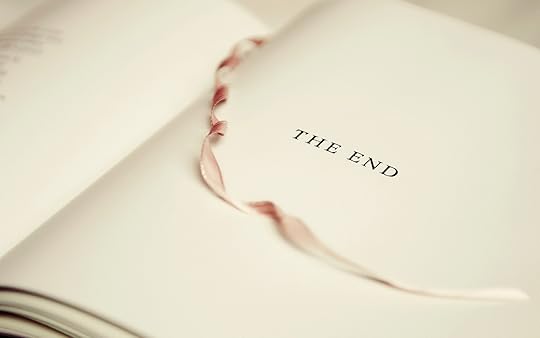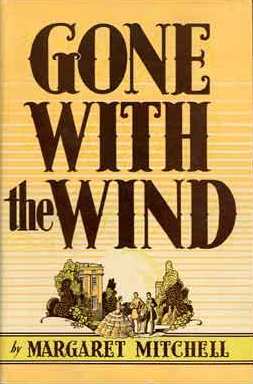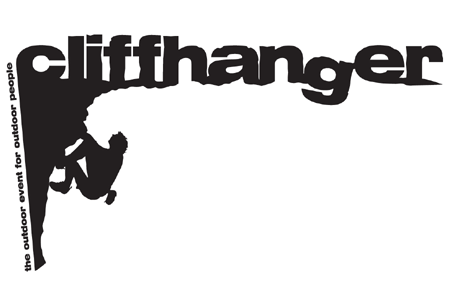Ending a Book Right
 Finding the right ending for a novel is no small feat. I would argue it's the hardest part, at least for me. The ending needs to evolve naturally from the rest of the book, surprise the reader in a believable way, and resolve the right things. There's often a great deal of disagreement about what kind of ending is right, even among fans of a book or story.
Finding the right ending for a novel is no small feat. I would argue it's the hardest part, at least for me. The ending needs to evolve naturally from the rest of the book, surprise the reader in a believable way, and resolve the right things. There's often a great deal of disagreement about what kind of ending is right, even among fans of a book or story.One of the first times I ever remember being shocked by an ending to a book was when I read Gone With the Wind as an early teenager. It was a marathon read. My mother handed me the book, saying she thought I'd really enjoy it, and I read it straight through in one sitting, barely pausing to eat or use the bathroom (it's not a short book). I hadn't read anything like it before: the melding of history and romance, drama and melodrama; the seemingly unsympathetic main character who somehow still had my sympathy; the shocking mix of empathy for suffering, combined with causing of suffering.
I hadn't read many book at that point that didn't have a happy ending, especially books with a
 romantic storyline. Most books I had read up until then had tied-up-in-ribbons gift box endings where each and every question you might have had at the end of the story is laid out in turn and resolved. There was no ambiguity. As Oscar Wilde wrote facetiously, "The good ended happily, and the bad unhappily. That is what fiction means."
romantic storyline. Most books I had read up until then had tied-up-in-ribbons gift box endings where each and every question you might have had at the end of the story is laid out in turn and resolved. There was no ambiguity. As Oscar Wilde wrote facetiously, "The good ended happily, and the bad unhappily. That is what fiction means."But at the end of GWTW: the girl got her guy, then lost him? But she didn't give up hope? I had no idea what to do with that. I'm sure I wasn't the first or last reader of Margaret Mitchell's classic to sit there feeling gobsmacked when Rhett walked away.
But the more I thought about it, the more I thought that ending was right. There was room for hope, but if Rhett had stayed, it would have felt cheap and unbelievable. It wouldn't have been true to the man Mitchell had created in all the pages leading up to that ending.
As I've continued to read and to write, I've found that I like ambiguous endings. I like that feeling of coming to the end of this stream, but not the entire river. That pull to explore the rest of the river another day.
My debut novel, Going Through the Change: A Menopausal Superhero Novel, has a cliffhanger ending. And boy have I gotten flack for that! In fact, it's the one thing that seems to actually make some readers angry. In some cases, I think people may have flung their poor paperbacks or Kindles across the room. I knew cliffhangers weren't for everyone, but I have been surprised by how emotional the response has been for those who don't like them.
So, I thought I'd take a moment to talk about why the book ends the way it does, hopefully without spoiling the ending for someone who hasn't yet read it.
In writing Going Through the Change, I was trying to create a novel that imitated a comic book. Comic books were part of my foundational reading as a child, and as I went to write my own comic book style story, I thought a lot about tropes and conventions. In some cases, I used them, in others I tried to subvert them.
 A cliffhanger ending is one I decided to use, rather than subvert. It's one of the things that makes a story feel comic book to me. It's probably something the medium inherited from old time radio and pulp serials, that whole "tune in next week" siren call, where the immediate peril has been resolved, but a new peril is already en route.
A cliffhanger ending is one I decided to use, rather than subvert. It's one of the things that makes a story feel comic book to me. It's probably something the medium inherited from old time radio and pulp serials, that whole "tune in next week" siren call, where the immediate peril has been resolved, but a new peril is already en route.In other kinds of novels (both those I write, and those I read), I tend to like a semi-conclusive ending these days. Whatever the main conflict was, I want to see it resolved. But I no longer like an endless epilogue of tying up loose ends, like I did when I was younger. I find them tedious. I think it's okay to leave questions unresolved, especially if they weren't the main point.
My comic book story needed a comic book ending--which answers one question only to open the door to more questions. It still feels like the right ending to me. (And don't worry; the second one is written and in process).
Published on August 19, 2015 03:00
No comments have been added yet.



